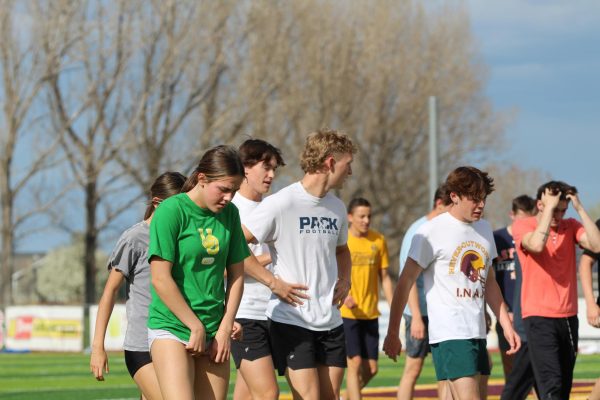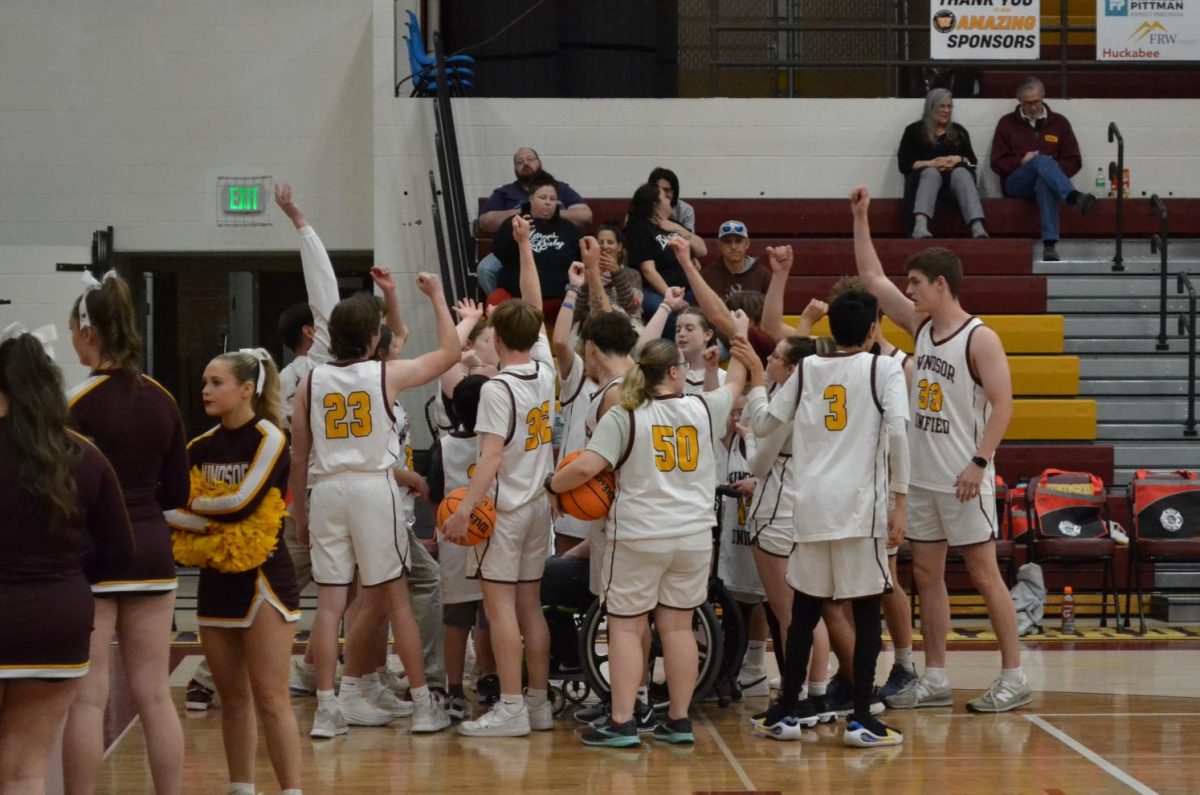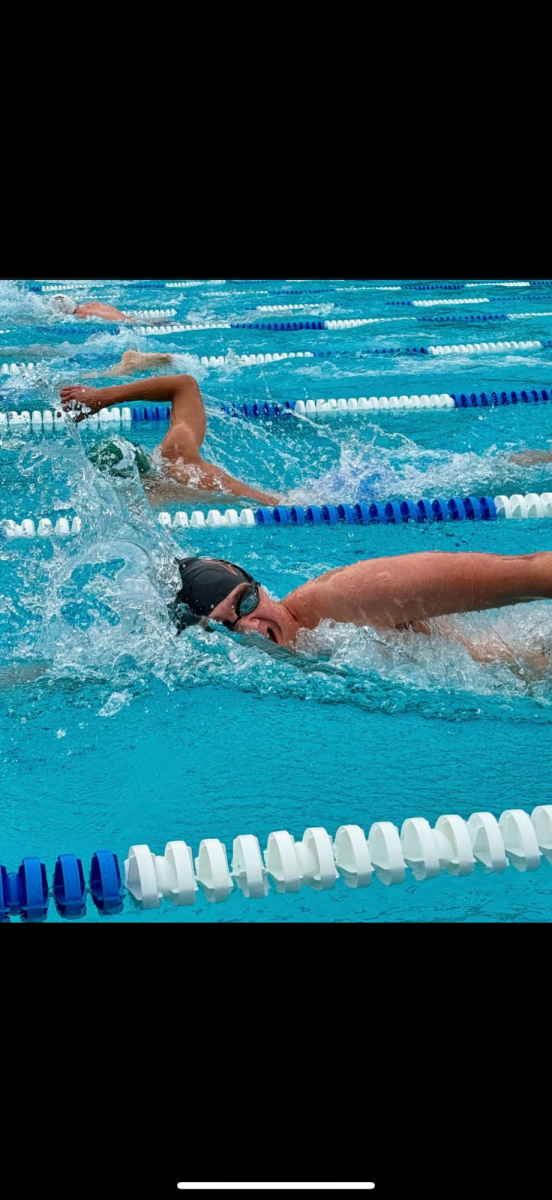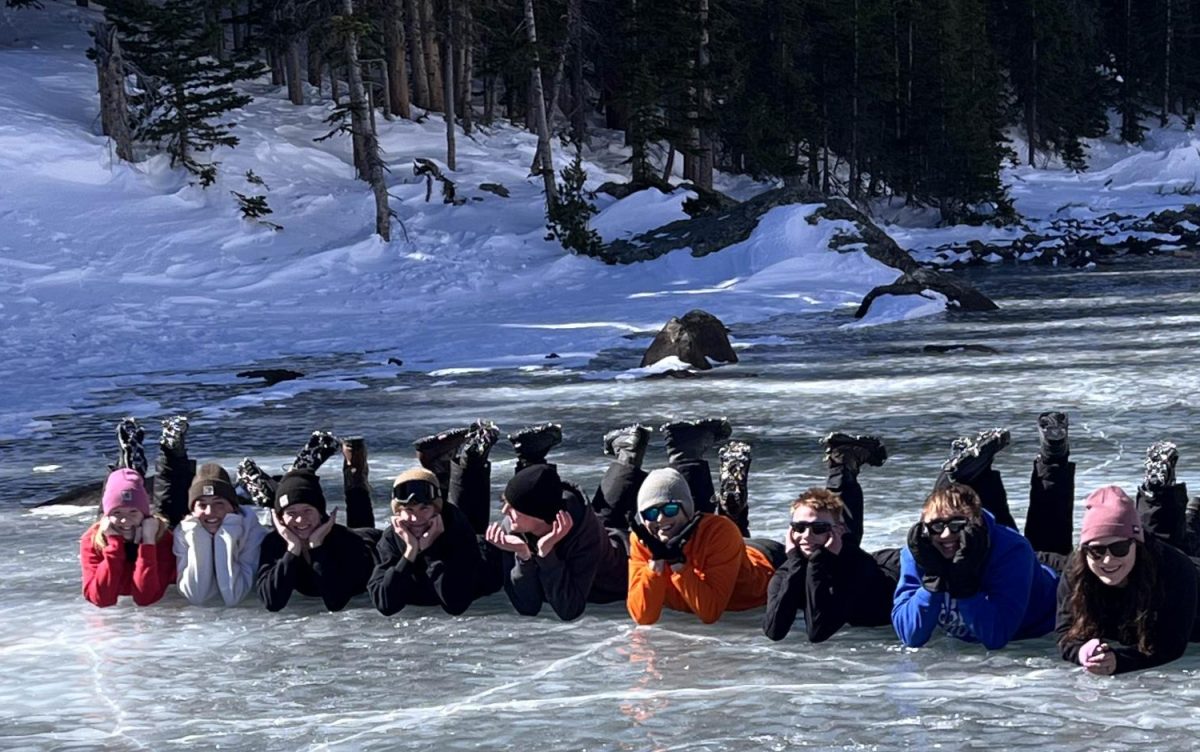No matter who you ask, every athlete has a different story to share about mental health. People have feelings that they experience and it is okay to want to share or not. However, it can be beneficial to other athletes who are going through similar experiences to hear that they are not alone.
When student athletes constantly compare themselves to others who are better than them, it is mentally taxing. While comparison can be motivating, it is also draining. Giving up can feel like the only answer when an athlete doesn’t meet the standard of their biggest rival, idol, or even past self. But growth is never linear; athletes need to give themselves grace during that process. It’s easier said than done, but it’s worth a try nonetheless. The setback is never greater than the comeback.
Burnout is also a topic that is widely discussed among young athletes. Attending school for eight hours, then having practice for two or three hours every single day gets exhausting after a couple of months.
Juggling eating healthily, drinking water, training hard every day and doing school work is not an easy task. There is hardly any time to rest in between such a tight schedule, especially for a growing body and mind.
Even when student athletes’ bodies are begging for rest, they keep pushing because they don’t want to fall behind. But there is always somebody that is working harder. So athletes continue to compete and move forward so we can meet our own expectations that are often so far-fetched we kill our bodies before we can make it.
This might be a hot take, but in my opinion, every athlete has some form of body dysmorphia. Wrestling is the perfect example of this. Cutting weight or making weight is a draining process that those athletes have to go through almost every day.
Being considered so successful at such a young age is stunting and difficult to deal with alone. When you are a young, talented athlete, people expect a performance out of you. So, to make them proud of you, you train yourself to be perfect: the perfect athlete, teammate or student, whatever it may be.
Jacob Wilcher, a sports nutritionist and athletic trainer in San Francisco, was an athlete throughout high school. He said, “You have to feed your body correctly in order to be a successful athlete. You have got to put fuel in the tank for it to run. Also, you must be gentle with yourself. You’re not going to eat right every day. That can be said about performance as well. Not every game will be your best. That’s just how it goes.”
Records will be broken, glory will be taken — it’s inevitable. All you can do is move forward and get back to work.
Kiana Cumings (10) is a varsity athlete on the cross country and track team. She is the school record holder for the 100 meter, 200 meter, the 400 meter, the 4 x 200-meter relay and the 4 x 100-meter relay. She said, “It’s a big mental game. If you believe you’re the best out there, you will be. Be in the mindset of the athlete you want to be.”

Sports are just as much mental as they are physical, arguably even more than physical capability. Having a negative mindset while competing will get you nowhere that you want to be. Sometimes it’s best to fake it until you make it.
Injuries are one of the hardest things an athlete can suffer. Watching from the sidelines as teammates excel in the sport that you love more than anything is heartbreaking. It changes you as a person.
Lindsey Hinson (11) sustained a hamstring injury during an important track meet earlier this year. Unfortunately, it ended her junior season. She said, “When you get hurt as an athlete, it feels like your world is ending. Especially if sports are your main focus. For me, it was really my teammates and family that got me through not being able to compete.”

One of the most important factors of healing after injury is having a loving support system. It can be so isolating and lonely to not be competing with teammates and to watch them succeed without you.
However, it does get better. Even if it’s hard to believe, you just have to be as strong as you can be. Take recovery seriously and listen to your body. Surround yourself with people that have your best interest at heart.
Being a student athlete is not an easy feat. It comes with heartbreak, injury and emotional turmoil. That doesn’t mean it can’t be amazing. Every day is a new day with new challenges to face and blessings to receive.
Just remember why you started your sport in the first place, the dream that little you had of making it big or being like your idol. Keep that in mind when things get too hard to bear.


































